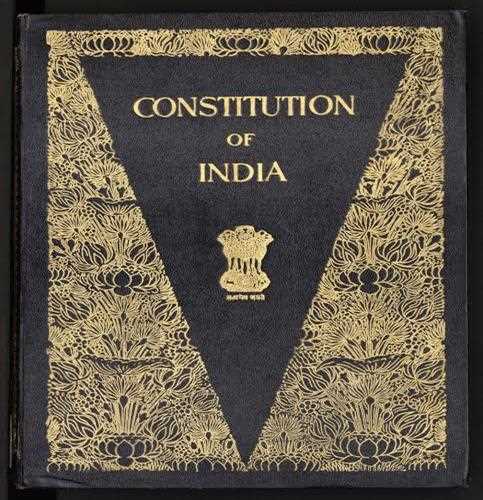There are five types of writs that the Indian Constitution offers, which are habeas corpus, mandamus, prohibition, certiorari, and quo warranto. These writs are intended to safeguard the fundamental rights of citizens and ensure that government officials and agencies act in accordance with the law.

- Habeas Corpus: This writ is issued by a court to secure the release of a person who has been detained illegally or without due process of law. The writ requires the person who is holding the individual to produce the detained person before the court and show cause for the detention.
- Mandamus: This writ is issued by a court to compel a public official or authority to perform a specific duty that is required by law. It is used to enforce the rights of citizens against government officials who are failing to perform their duties.
- Prohibition: This writ is issued by a higher court to prohibit a lower court or tribunal from exceeding its jurisdiction or acting beyond the scope of its authority. It is used to prevent miscarriage of justice and to ensure that the law is applied correctly.
- Certiorari: This writ is issued by a higher court to review the decision of a lower court or tribunal. It is used to correct errors of law or procedure and to ensure that justice is done.
- Quo Warranto: A court issues this writ to investigate the legality of a person's claim to hold a public office. It is used to prevent persons who are not eligible from holding public office and to ensure that the public office is held by qualified persons.
In addition to these five types of writs, the Indian Constitution also provides for the power of the Supreme Court and High Courts to issue writs for the enforcement of fundamental rights. This power is enshrined in Article 32 of the Constitution for the Supreme Court and Article 226 for the High Courts.